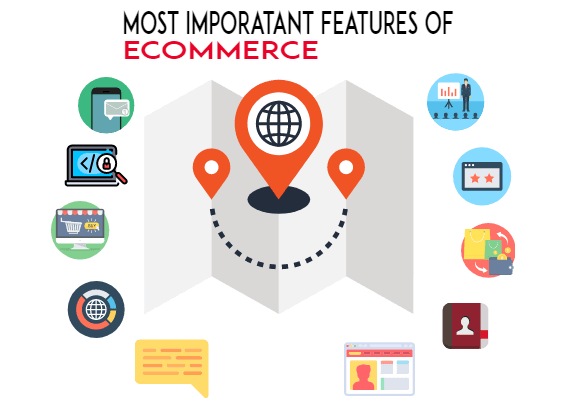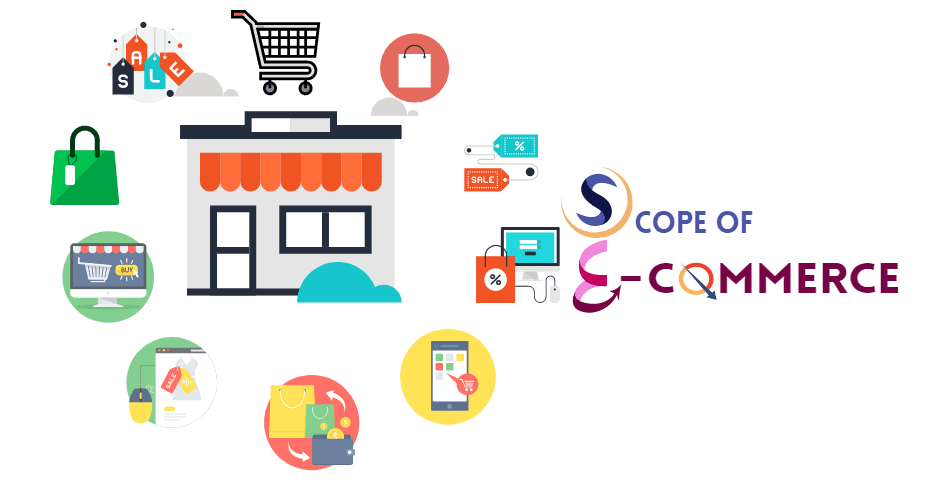Property management systems (PMS) are software tools used by real estate professionals to keep track of and manage properties.
They allow agents to keep track of occupancy, rent history, expenses, and repairs.
PMS also provide automation features such as tenant screening and automatic payment processing.
What is Property Management System?
A property management system (PMS) is a software application used by real estate professionals to manage and track the physical assets of an estate, including real estate, land, buildings, and contents.
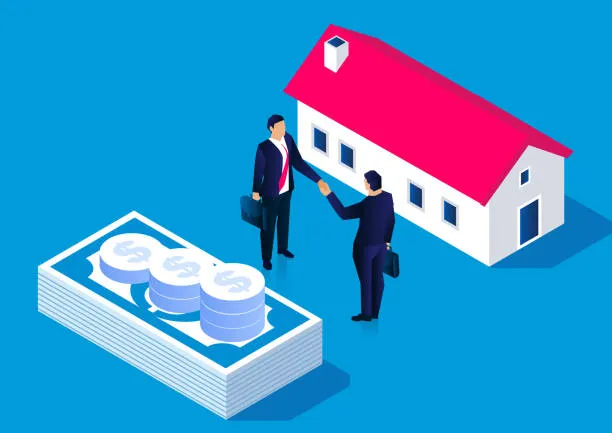
Property managers use PMS to identify potential acquisitions or disposals, track expenses and income generated from the property, manage leases and contracts, and provide reports on activity.
What Does Property Management System Mean?
A property management system (PMS) is a software application used to manage a property.
A PMS typically includes features such as rental registration, billing, accounting, maintenance and repair, security, and communication with tenants.
Why Property Management System is important?
- A property management system (PMS) is an essential tool for managing a property.
- A PMS automates many common tasks, such as recordkeeping and billing, freeing up the manager to focus on more important matters.
- A PMS can help ensure that properties are properly maintained and that payments are made on time.
- Additionally, a PMS can provide reports on the status of a property, which can be helpful in decision-making.
- Property managers who use a PMS can avoid costly mistakes and improve their efficiency dramatically.
By using a PMS, managers can also reduce the risk of fraud and theft, since they will have better documentation of what has occurred at each property.
Advantages of Property Management System
A property management system (PMS) is a system used to automate the management of real estate assets.

A PMS can be used to manage an individual property, a portfolio of properties, or a whole community of properties.
Benefits of using a PMS include reduced administrative costs, increased efficiency and accuracy, and improved customer service.
There Are Several Different Types of PMSs Available, Each With its Own Benefits And Drawbacks.
- The three most common types are computerized property management systems (CPMS), Property Information Modeling (PIM) systems, and leased office automation (LOA) systems.
- Computerized property management systems are the most popular type of PMS.
- They use software to manage all aspects of the property: from purchasing and leasing properties to maintaining inventories and tracking repairs.
- CPMSs are reliable and easy to use, but they can be expensive to install and maintain.
- Property Information Modeling (PIM) systems are less common than CPMSs, but they offer some advantages over them.
- PIM systems allow you to track all aspects of a property’s history – from when it was purchased to when it was last leased – so you can make more informed decisions
Disadvantages of Property Management System
Property management systems (PMS) can be a helpful tool for managing a property. However, they also have some disadvantages.
⦿ Here Are Four of The Most Common:
- They can be expensive to use.
- They can be time-consuming to set up and use.
- They can be difficult to maintain.
- They can be difficult to learn and use.
Types of Property Management Systems
There are many types of property management systems, each with its own benefits and drawbacks.

⦿ Here Are The Most Common Types:
1. Officer-Only System: This type of system is run by a single person, usually a property manager or owner.
- This system is often used in small businesses or when the property manager is the only person responsible for managing the property.
- This system is easy to manage but can be less efficient than other systems.
2. Member-Owned System: In a member-owned system, each tenant (or owner) is responsible for maintaining their own part of the property.
- This system is popular in multi-unit buildings like apartments and condos.
- It can be more efficient than an officer-only system because tenants are motivated to keep their areas clean and orderly.
However, it can be more difficult to manage because each tenant has his or her own priorities.
3. Tenant-Managed System: In a tenant-managed system, the tenants are responsible for all aspects of their unit, from maintenance to security.
- This type of system is most commonly used in apartment complexes and rental homes.
- It can be more difficult to manage than member-owned or officer-only systems because tenants may not take care of their property as well as they should.
4. Property Management Software: A property management software system can be used to manage any type of property, from single-family homes to large apartment complexes.
- This system is easy to use and can be more efficient than other systems because it automates many of the tasks involved in managing a property.
However, this system may be more expensive than other options.
5. Property Management Company: A property management company can manage a large number of properties for a fee.
- This option is often preferred by business owners who want to outsource some of the tasks involved in managing their property.
- This system can be more efficient than individual property managers, but it can be less flexible and likely more expensive than other options.
6. Property Management Service: A property management service can provide a wide range of services, from maintenance to rent collection.
- This option is often preferred by people who want to outsource some of the tasks involved in managing their property but do not have the time or resources to do it themselves.
- This system can be more efficient than individual property managers, but it may be less flexible and likely more expensive than other options.
7. Property Management Platform: A property management platform can be used to manage a large number of properties for a fee.
- This option is often preferred by businesses who want to outsource some of the tasks involved in managing their property but do not want to deal with the hassle of managing individual properties.
- This system can be more efficient than individual property managers, but it may be less flexible and likely more expensive than other options.
Benefits of Using A Property Management System
Property management systems (PMS) have become increasingly popular over the past few years, as they offer numerous benefits to landlords and tenants.
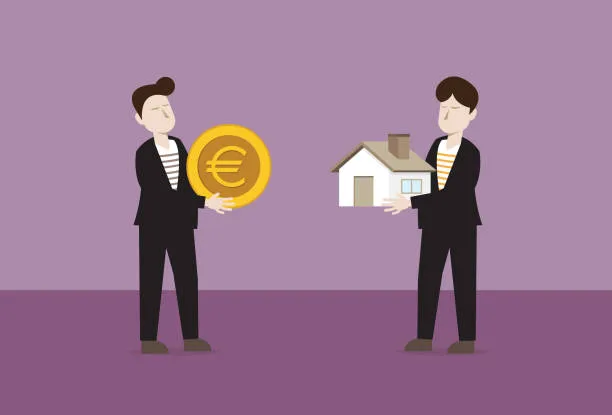
⦿ Here Are Four of The Most Important:
1. Improved Efficiency and Management:
| A PMS automates many of the tasks involved in managing a property, from booking appointments to tracking maintenance needs. |
| This helps landlords save time and money while also ensuring that their properties are maintained to the highest standards. |
2. Increased Revenue Potential:
| A properly managed property can generate significant revenue for its landlord. |
| PMS systems make it easy to collect rent, manage expenses, and keep track of income and expenses. |
| In some cases, PMS systems can even generate enough income to cover the costs of ownership. |
3. Better Relationships with Tenants:
| With a PMS system in place, landlords can easily connect with their tenants and get information about their behaviour and preferences. |
| This helps to build strong relationships with tenants and avoid any potential conflicts or issues down the road. |
4. Reduced Administrative Burdens:
| A PMS system can take many of the administrative burdens associated with owning a property off of landlords’ shoulders. |
| This makes it easier for them to focus on other aspects of their business, such as marketing and leasing new properties. |
| While there are a number of different PMS systems available, the most popular ones include Property Manager and RentPro. |
How To Choose The Best Property Management System For Your Business?
There are a number of property management systems on the market, so it can be difficult to decide which one is right for your business.
⦿ Here Are Some Tips To Help You Choose The Best System For Your Needs:
Determine Your Needs.
- What are the main features you need in a property management system?
- Do you need to track rental income and expenses, manage contracts and leases, or keep track of complex rules and regulations?
- Once you have figured out what you need, look for a system that offers those features.
What is Property Management System in Hotel Management?
A property management system (PMS) is a software application that helps manage hotel properties.
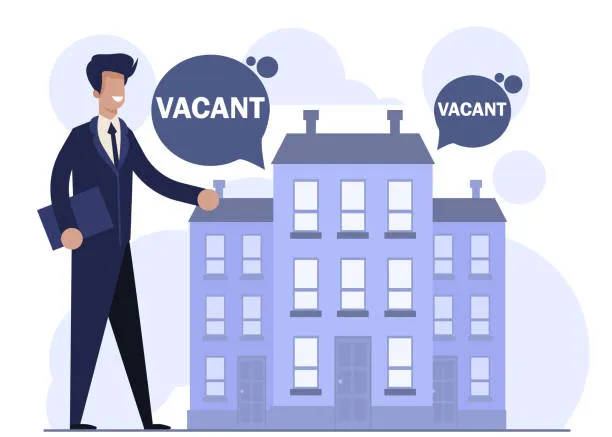
A PMS can automate many tasks, such as booking rooms, maintaining inventory, and tracking financial data.
This can help keep hotels running smoothly and save the owner time and money.
⦿ Some of The Benefits of Using A PMS include:
- Reduced staff time required to manage hotel properties
- Efficient and accurate bookings of rooms and facilities
- Improved inventory management and tracking of supplies and materials
- More accurate financial reporting
What Are The Features of Property Management System?
A property management system (PMS) is a software application that manages a portfolio of real estate assets, including rental properties and commercial properties.
Property managers use PMSs to keep track of their properties, make changes to the properties’ settings, and maintain communication with their tenants.
Property managers can also use PMSs to manage other aspects of their business, such as marketing and accounting.
⦿ Some Common Features of PMSs include:
🔵 Property Records ‣ Property managers use PMSs to keep track of all the information related to their properties, including property ownership, rental income, and expenses.
🔵 Tenant Management ‣ PMSs often allow property managers to manage their tenants’ accounts, receive rent payments, and send out updates about the property.
🔵 Property Settings ‣ PMSs often allow property managers to change the settings on their properties, such as the number of bedrooms and bathrooms.
🔵 Communication Tools ‣ PMSs often provide tools for property managers to communicate with their tenants and other stakeholders.
Which Property Management System is Right For You?
Regardless of your needs, there is a property management system out there that will fit your needs.
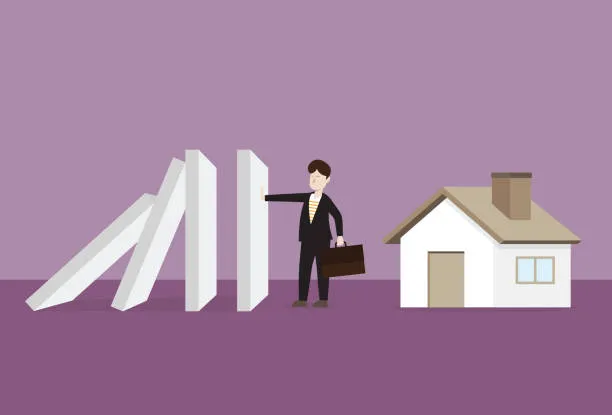
To help you choose the right one, we have put together this guide to help you evaluate the different systems available.
Pros And Cons of Different Property Management Systems
When it comes to managing properties, there are a variety of systems available.
Some Pros And Cons of Different Property Management Systems Should Be Considered.
What Are Examples of PMS?
PMS is a term used to describe the physical, emotional, and behavioural changes that can accompany the onset of menstruation.
These changes may include mood swings, water retention, bloating, food cravings, and a heightened sense of anxiety and depression.
FAQ {Frequently Asked Question}
What is Property Management System in Hotel Management?
A property management system (PMS) is a software application that helps manage hotel properties.
A PMS can automate many tasks, such as booking rooms, maintaining inventory, and tracking financial data.
This can help keep hotels running smoothly and save the owner time and money.
⦿ Some of The Benefits of Using A PMS include
What Does Property Management System Mean?
A property management system (PMS) is a software application used to manage a property.
A PMS typically includes features such as rental registration, billing, accounting, maintenance and repair, security, and communication with tenants.
What Are The Features of Property Management System?
A property management system (PMS) is a software application that manages a portfolio of real estate assets, including rental properties and commercial properties.
Property managers use PMSs to keep track of their properties, make changes to the properties’ settings, and maintain communication with their tenants.
Property managers can also use PMSs to manage other aspects of their business, such as marketing and accounting.
1 Related Term
- How Can Google Ads Help You Advance Your Business Goals?
- What’s The Biggest Challenge For Most Businesses When Going Online?
- Business Units Are Accountable For Driving
- What is Business Listing And Why is It Important?
- How Does Management Help in Increasing Efficiency?
- What is The Modern Concept of Marketing?
- How To Start A Rental Property Business With No Money?
- How To Start Clothing Business in India?
- How To Start LED Bulb Business At Home: The Complete Guide
- What Change Brought international Leaders To South Africa?
- Where Can You Find TCS Process For Business Continuity Management?
- How often Should Management Accounting Reports Be Prepared?
- What is Benchmarking in Strategic Management?
- What is Modern Marketing Concept?
- What is A Business Day For Shipping?
- What Technology Can Collect information To Make Decisions?
- MBA Project in Operations Management: The Complete Guide
- Which of The Following is True For Supply Chain Management?
2 Conclusion of What is Property Management System
Property management is a complex and demanding field. If you are looking to enter the property management industry, it is important that you have a comprehensive understanding of the different property management systems available.
‣ I hope friends, through this article, I have given you information about What is Property Management System You must have got the information. So share your suggestions with us.








